
Nucleic acid life
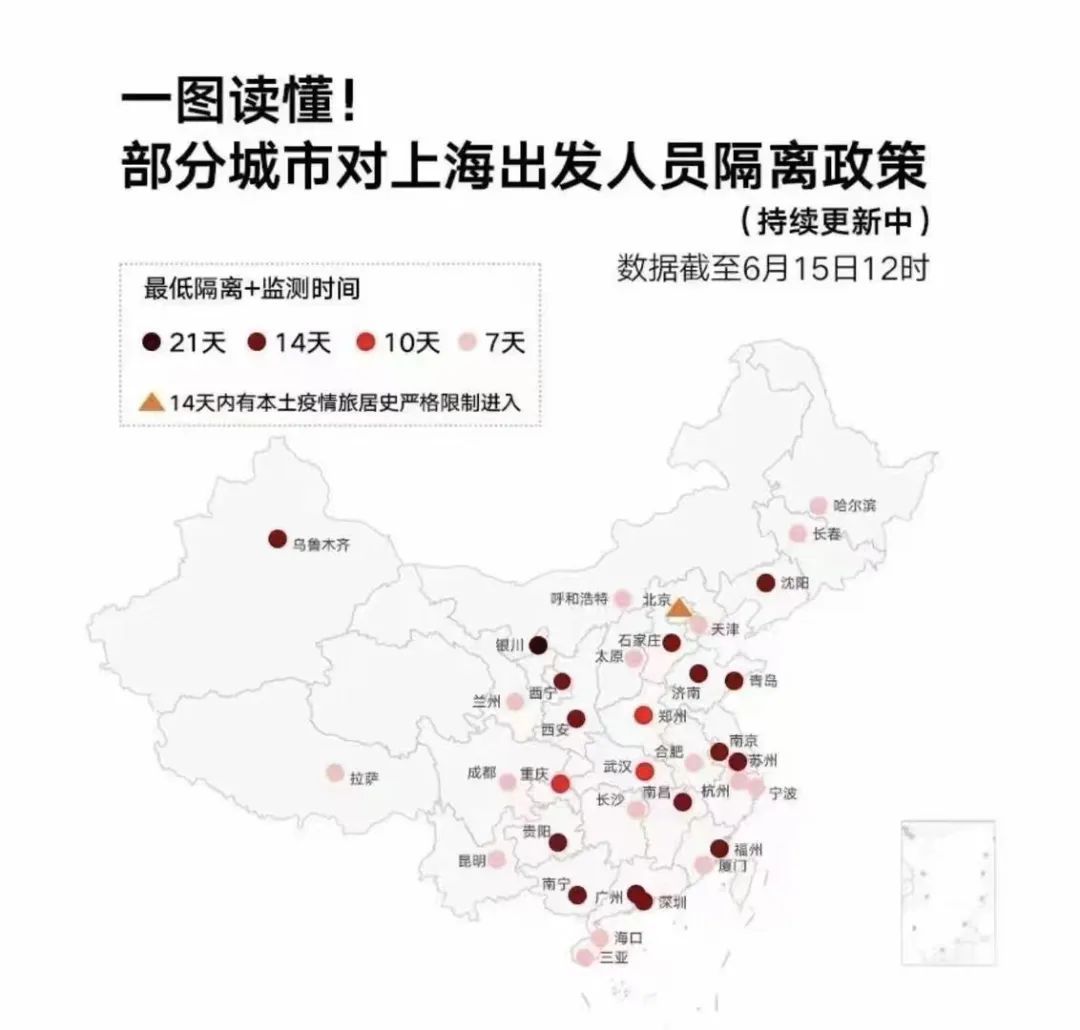
It has been half a month since Shanghai was unblocked, but it seems that no one believes that the city has been cleared. Shanghai people who go to major cities across the country must be quarantined + monitored for at least 7 days.
When I talked about this in the group yesterday, someone asked: "Do they all need to be quarantined? Are there any that are not?" Another replied: "You don't need to be quarantined when you go abroad."
This is truly the dark humor of our time: it is harder to move domestically than internationally. The European Union has announced a few days ago that all travel restrictions will be lifted, and it will say goodbye to nucleic acid certificates and vaccine passports. However, here, my plan to go to various places to conduct interviews with "Reading City" can only be postponed again and again. The company originally planned to go to Dunhuang in June. It was first postponed to July, and now it has also been cancelled. We are stuck in Shanghai.
Of course, even within the boundaries of Shanghai, it is not necessarily unimpeded. The real reality is: from the day the lockdown was lifted, everyone in this city began to live a "nucleic acid life-sustaining life". ——When you go to any public place, you must show a 72-hour or even 48-hour nucleic acid negative certificate.
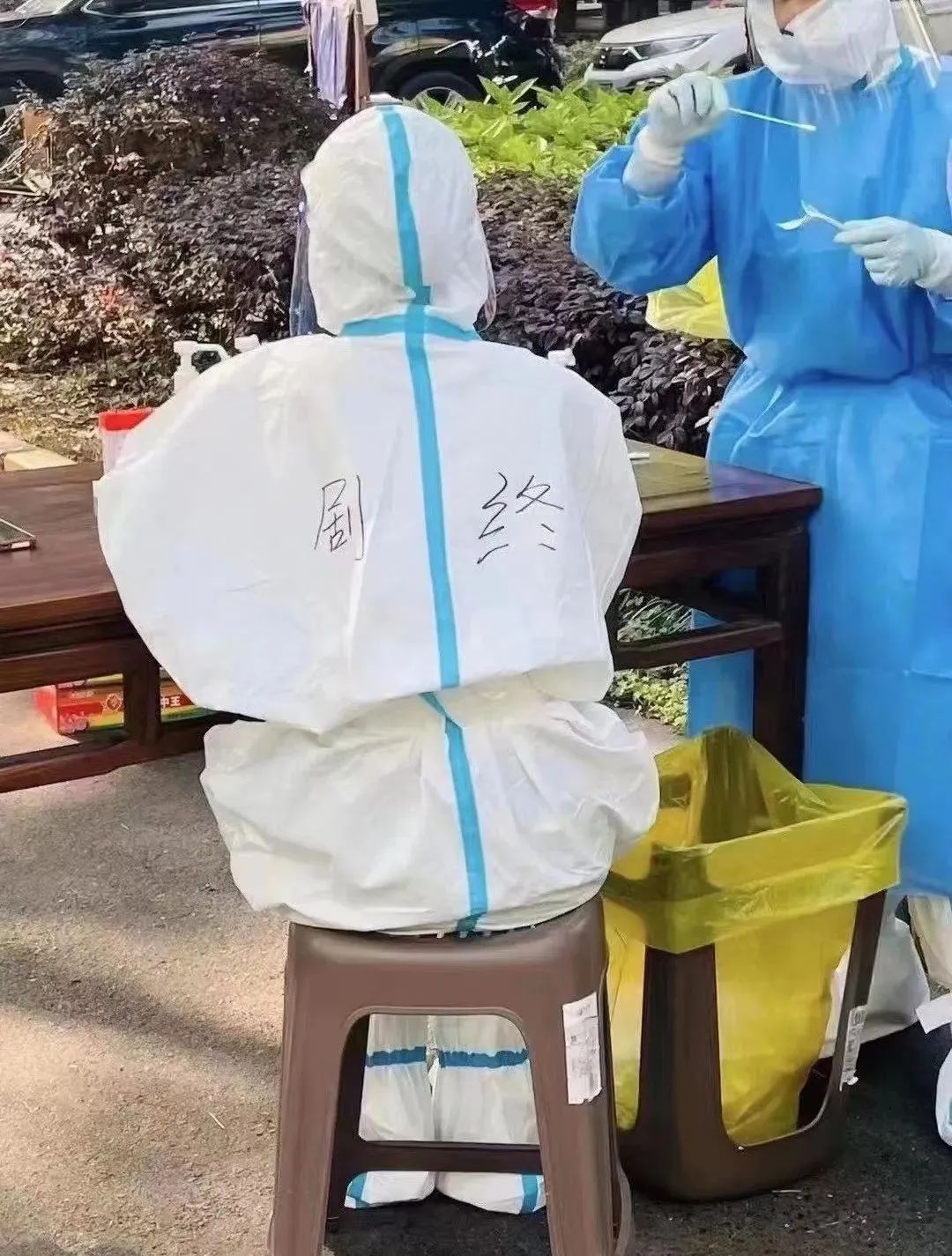
On the eve of the unblocking, there was a big white with the word "end of the play" written on his back - this is a common illusion, the state of emergency has not ended, but has been perpetuated with the "normalized nucleic acid". Just like the subway security check was a temporary measure to deal with major events, but it has continued to this day year after year.
This is not the end of the show, but a new beginning of the series. The logic of "clearing" is to ensure the purity of the community, and personal convenience can only be secondary - instead, you need to prove your innocence over and over again to be accepted as a member.
I had a hunch about this. On the first day out of the community, I found that many public places are still not open to the public, some must scan the code to enter, and some cannot even scan the code. At the door of a convenience store, a few elderly people were blocked by baskets. The clerk helped them to take out what they wanted to buy. In fact, many restaurants that cannot dine in are still like this.
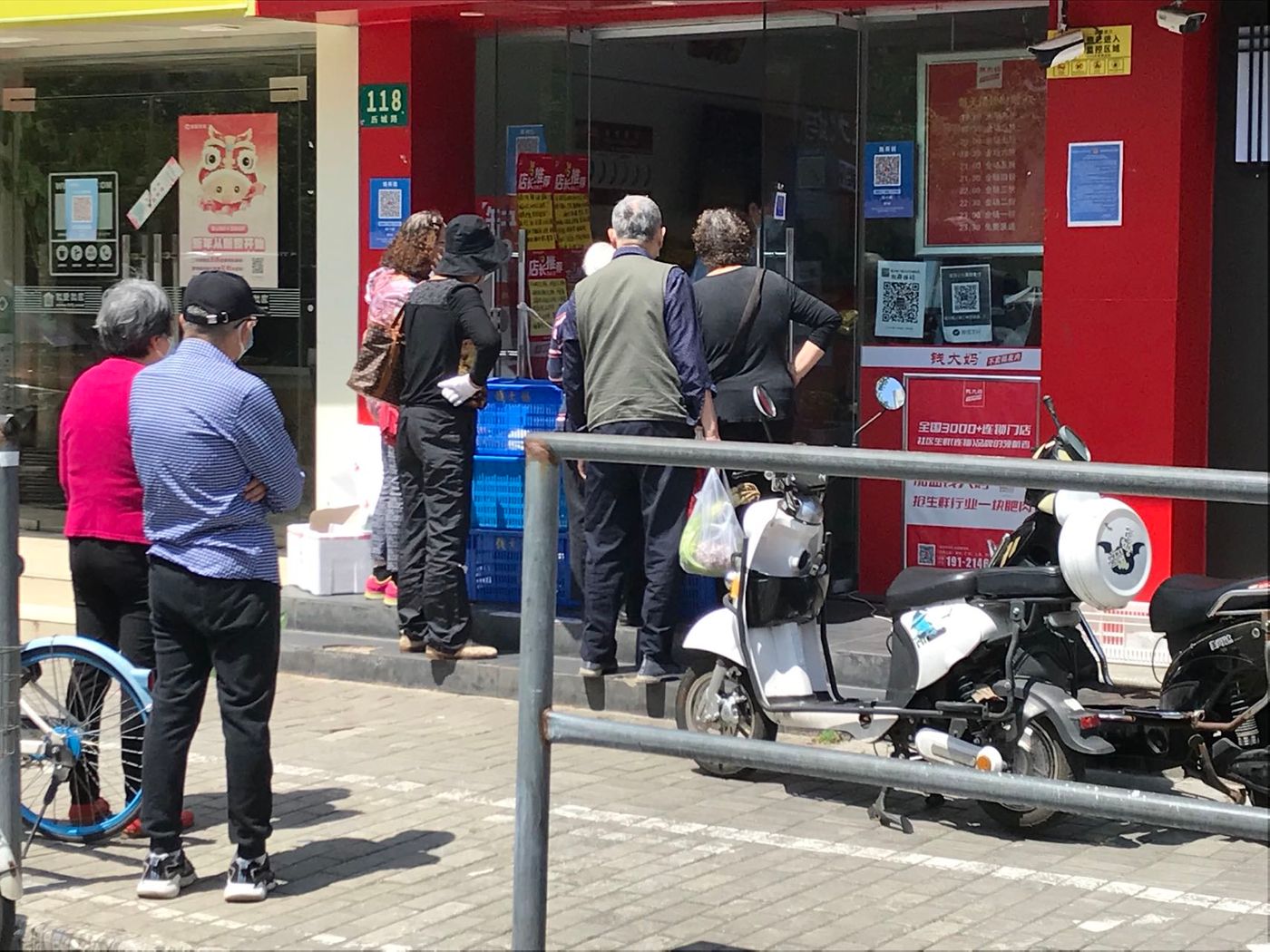
On the day of the unblocking, the nucleic acid testing sites in many places were filled with teams that could not be seen at a glance. After all, countless people had to go out to work. I have done so many rounds of nucleic acid before, sometimes even twice a day, but before the unblocking, I did not arrange a 72-hour nucleic acid certificate for everyone.
The last nucleic acid test in our community before the unblocking was May 27, and 32 nucleic acid tests (plus 49 antigens) were done before and after. After that, I made up my mind that I would not go to any public place that requires a negative nucleic acid certificate. Repeatedly self-certifying my innocence made me feel a kind of physiological disgust.
However, I soon discovered that it probably doesn't need to be taken too seriously, because, as it happens from time to time in real life, how it is prescribed is one thing, and how it is enforced is another.
On May 31, the first day I was able to leave the community, I had a closed door in the park next to my home: the guard not only asked me to scan the site code, but also insisted that the nucleic acid must be negative for 48 hours. However, when I went back the next day, the guard just glanced at the green code, ignoring the fact that I was only negative within 6 days. Probably after the official unblocking that day, there were too many tourists who could not check it. On the third day, I just took out my phone when he waved and said, "Go in, no need to scan."
The same is true for the community. In the notice on the eve of the unblocking, it was written that "you must also hold a 72-hour nucleic acid negative certificate when you return to the community." . However, almost from the first day of unblocking, the doorman never stopped me and asked to see it.
In those two days, some friends also tested the reactions of several drivers on the spot while taking the bus. The first one didn't say anything; the second one took out the code on her mobile phone and asked her to scan it; the third one spoke with the seat belt reminder and said to pull it down; the fourth one, in Shanghai dialect: "The code No need to scan."
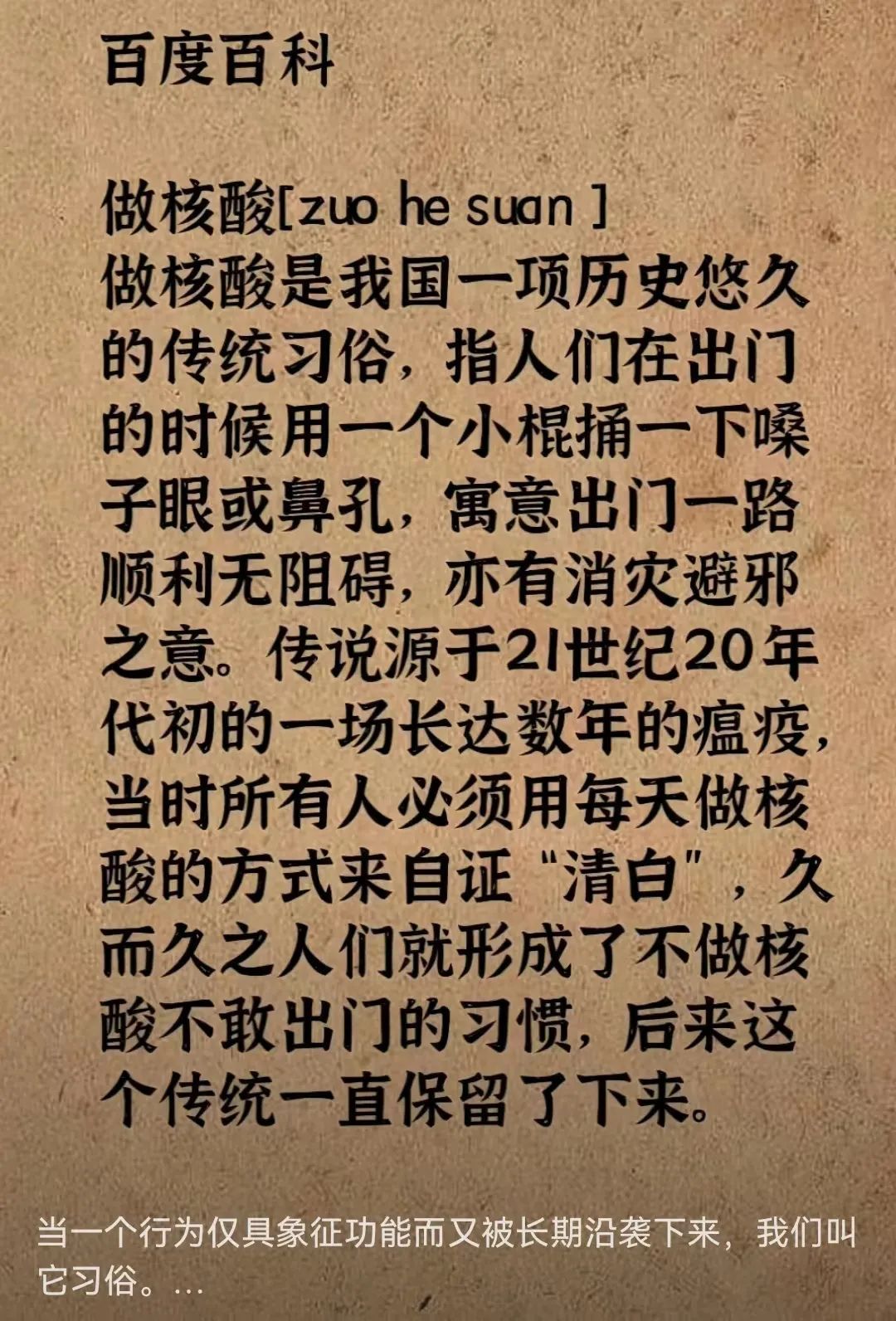
Even so, by June 9, after 13 days of not doing nucleic acid testing, I still failed because I had to take the subway or bus to go back to my hometown; my hypertension medicine was almost gone, and I went to the hospital. It is even more impossible not to do nucleic acid. The company resumed work on the 13th. Although I have long been accustomed to cycling to and from work, I cannot enter the office building without a nucleic acid certificate. What's more, if you don't do nucleic acid for 7 days, you will be assigned a yellow code.
In theory, if you don't take public transportation to work, the company building is not inspected, and you don't need to enter public places (you can order take-out for lunch, otherwise you need to see the convenience store when you visit), and you only go shopping but not shopping, then you don't need nucleic acid. Like if your child doesn't go to school, you can even stay away from it, but at the cost of your public life shrinking.
This is not just the case in Shanghai. Even in those cities where there is no epidemic, or the epidemic is not serious and has ended, the operation of the city now relies on uninterrupted nucleic acid to survive, and everyone may be hit by sudden events. break.
In recent days, I have heard such things: a passenger in Beijing who did not do nucleic acid tests for 19 days was checked by the bus group and persuaded to return; the Peking Opera "Battle of Taiping" was originally scheduled to be staged by the Beijing Peking Opera Theatre, because a pop-up window appeared in the leading role of Yang Shaopeng's health treasure. , the performance cannot be performed, and the performance can only be temporarily cancelled.
Although the National Health and Medical Commission has stated before that "there is no epidemic situation and there is no import risk area, nucleic acid inspection should not become the norm", but for all places, since it is so hard to come by, in order to reduce the risk , liquidity is a necessary price, but it is just to replace "severely preventing its entry" into "strictly preventing its entry".
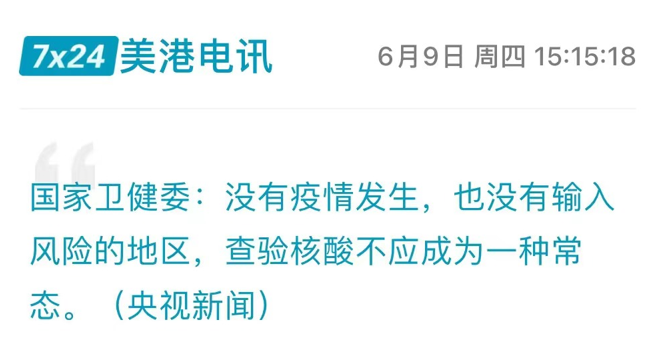
In this way, our public space is divided into small grids that are difficult to get through. Essentially, it was an atavistic phenomenon: the only reassurance for the classical man was what he could see in his native land. "Everything that goes beyond the sight of this political atom is foreign and hostile; beyond that narrow confines comes fear." (Spengler, "The Fall of the West" )
Modernization does not necessarily lead to mobility, because boundless openness can also be terrifying. In fact, many scholars in the West have severely criticized the expressway for cutting and destroying the original urban body, resulting in fragmented and isolated urban plots, and then making the movement between these plots a pure traffic experience. non-social interaction.
What followed was the emergence of a series of island-like "exophobic territories", places that were once supposed to be "public" and now become clubs with limited access. Many social and civic functions that used to take place in public spaces are gradually moving to the private realm—leisure, entertainment, access to information, and even consumption online. The installation of gates, the collection of tickets, membership, and other measures are all attempts to control the power to enter the space. This "defined openness" is often accompanied by a narrow vision.
The book "Dimensions of Urban Design" says that this is often a "voluntary segregation" of the wealthy segments of society from other members of society, who want to live out of sight of the poor and gain a sense of security by creating or reinforcing "exclusion". This helps to create a sense of identity, community and safety for the people who live in it, and the eventual direction is gated communities with gates, “such gates are a significant dramatization of social fragmentation and polarization. sign”, however, it is precisely because of this that an approach like this is actually “a privatization move with very high public and social costs”.
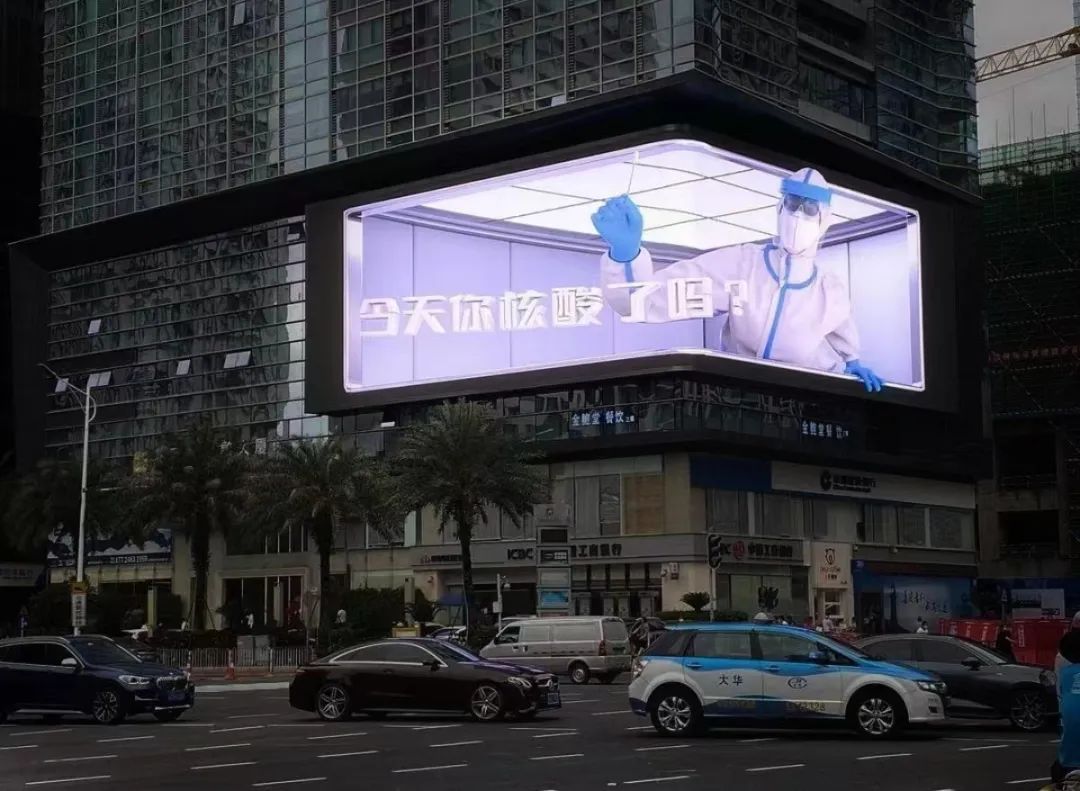
The situation in China is of course not the same, and in the epidemic sometimes it even seems to be the opposite: unimpeded access is a privilege, and it is not a private club that is locked up, but a public place. However, in any case, the end result is the fragmentation and privatization of the urban community - our public life, which may not have been developed yet, has been delayed.
Now that we are in a dilemma, what should we do? Is it better to endure all kinds of inconvenience, but also to save the moribund public life? But does such a "defined openness" itself make us unwittingly complicit in power?
To be honest, I don't have an answer either. But I vaguely feel that the current "nucleic acid life" is not just a little inconvenience or an episode, it may be a new biopolitical form that requires us to continue to recognize and act.
I recall that Arendt once said that a city should be a "city-state" and a community formed spontaneously. Therefore, in her opinion, the public sphere should meet three criteria: transcending individual life in time, representing the whole society and conveying a A sense of history; different groups of people can join for debate and confrontation; open to all.
In this way, such a space may not exist in any city in China, and the most suitable one may be a virtual cyberspace - at least there is no need for a negative nucleic acid certificate, only a network cable.
Of course, the Internet is not a place outside the law. I have a hunch that the public space will be or has been dominated by power and mainstream public opinion, and the diverse voices will have to fully ebb and retreat to a more secret space.
Perhaps from now on, our most intimate families, bodies and minds will act as the nodes linking our inner experience with our outer reality, not forgetting that they are already a complex enough field in themselves to allow us to interact with the world reshape life from the encounter. But there is a premise, that is, we must first stick to ourselves.
Like my work?
Don't forget to support or like, so I know you are with me..
Comment…